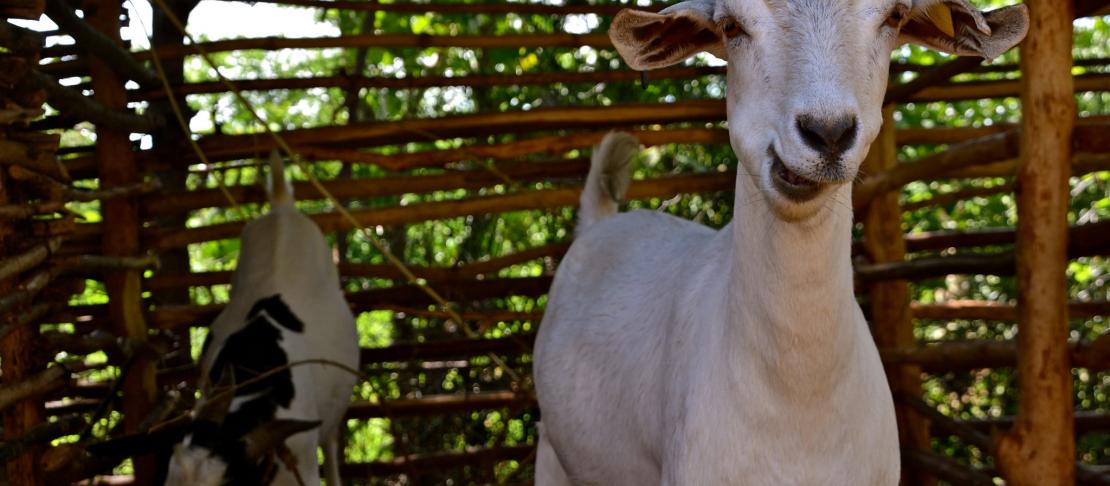Bottom-up planning for social equity in climate smart livestock interventions

Project description
Ethiopia has outlined key priorities for achieving NDCs through climate-smart livestock development and is now starting to pursue implementation strategies. Most external interventions to support mitigation actions in livestock systems – including ILRI’s Programme for Climate-Smart Livestock (PCSL) – focus on national policymakers and planning processes, or promote farm-level technology adoption. However, the rapid commercialization of the livestock sector risks concentrating power and land-holding in agrarian settings. These social equity outcomes for mitigation interventions are rarely addressed in policy processes and this project aims to address this.
The research focuses on households’ abilities to intensify and commercialize livestock-based production, exploring the gendered implications for access to resources and benefits as well as inter-household variability. Results of this research inform facilitation of participatory planning and assessment of sectoral strategies in terms of social outcomes of intensification and commercialization. The research and interventions in this project are designed to build the capacity of civil society organizations to engage in national livestock mitigation dialogues (a focus of the larger PCSL project), especially in terms of social equity safeguards.
By highlighting social equity considerations in local sectoral dialogues, this project gives the selected civil society organizations a more prominent and informed voice in NDC implementation in the livestock sector at the local scale, as well as add an important – and an often ignored – aspect of the pursuit of NDCs. This project builds on the efforts of the "Mitigation in livestock and low emissions development pathways in East Africa" project, which ended in 2018.
Activities
- Advocate for greater consideration of social equity outcomes in low-emission development planning.
- Field research and analysis
- Literature review
Expected outcomes
- Using science driven findings to advocate for greater consideration of social equity outcomes in the Government of Ethiopia’s planning for low emissions development interventions.
- Inserting social equity considerations and social safeguards into low emissions development policy planning and implementation.
More information
For more information, please contact project leader Todd Crane, ILRI (T.Crane@cgiar.org).